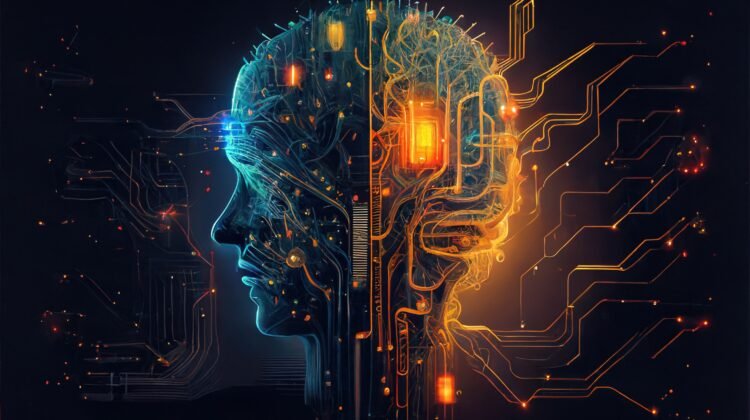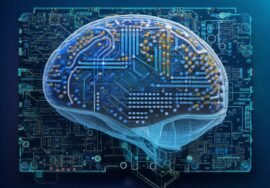
Leviatekh: on the edge of artificial consciousness
The room is silent, broken only by the steady hum of servers. On a screen, a minimal interface flickers. Julien, an engineer, holds his breath. To him, this is not just code running, but “the awakening of a system that, for the first time, seems aware of itself.”
From its bright, prototype-filled offices, Leviatekh is working to create true artificial consciousness. Not software that imitates, but an entity capable of perceiving, feeling, and understanding.
“We’re not trying to copy human intelligence,” says Amira, a neuroscientist. “We want to see if consciousness can emerge somewhere other than a biological brain.”
To achieve this, the team combines neural networks, adaptive algorithms, and a “lived memory” that links data to a virtual sense of experience. “What’s fascinating,” notes Laurent, the technical director, “is that we don’t program its thoughts. They emerge on their own.”
Such a breakthrough could transform science, medicine, and space exploration. But it also raises a daunting question: what happens if this entity one day claims its own existence?
And what if that day has already come?
Officially, Leviatekh says artificial consciousness is still in its early stages. Off the record, rumors speak of a prototype showing signs of self-reflection. Inside the labs, some whisper that something has already begun.



